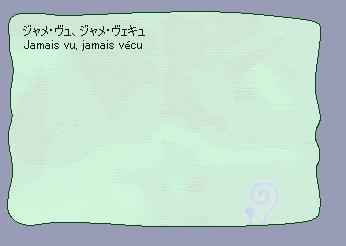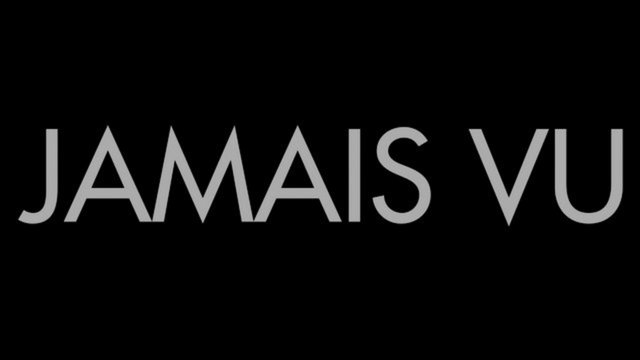
Novelty preference and preferential exploration of novelty have yielded a number of paradigms useful in the of study attention, perception, recognition, sociability, and cognitive development.

a capacity exhibited by all mammals that have been tested (need citation). They have identified a circuit in the midbrain that combines familiarity and novelty signals to allow the expression of novelty preference. provide new evidence explaining how we differentiate the new and strange from the old and familiar.

Compared with déjà vu, jamais vu is less common in normal populations and much more prevalent in some neuropsychiatric conditions this difference in prevalence suggests that novelty and familiarity may be signaled by different brain pathways. Both déjà vu and jamais vu occur in temporal lobe epilepsy 3 as well as in normal individuals under ordinary situations. Jamais vu, sometimes regarded as the opposite of déjà vu, is the intense feeling that the current circumstances are novel and strange, while objectively realizing that they have, indeed, been previously experienced 2. Déjà vu is generally accepted to be a memory-based illusion resulting from a brief bout of anomolous activity in memory-related structures of the medial temporal lobe 1.

This strong sense of familiarity occurs in the absence of any explicit evidence that the situation was previously encountered. A related phenomenon is déjà vu, a vivid but inaccurate feeling that the current situation is familiar. Most of us have had the experience of encountering a person who looks very familiar, yet we cannot recall having met.


 0 kommentar(er)
0 kommentar(er)
